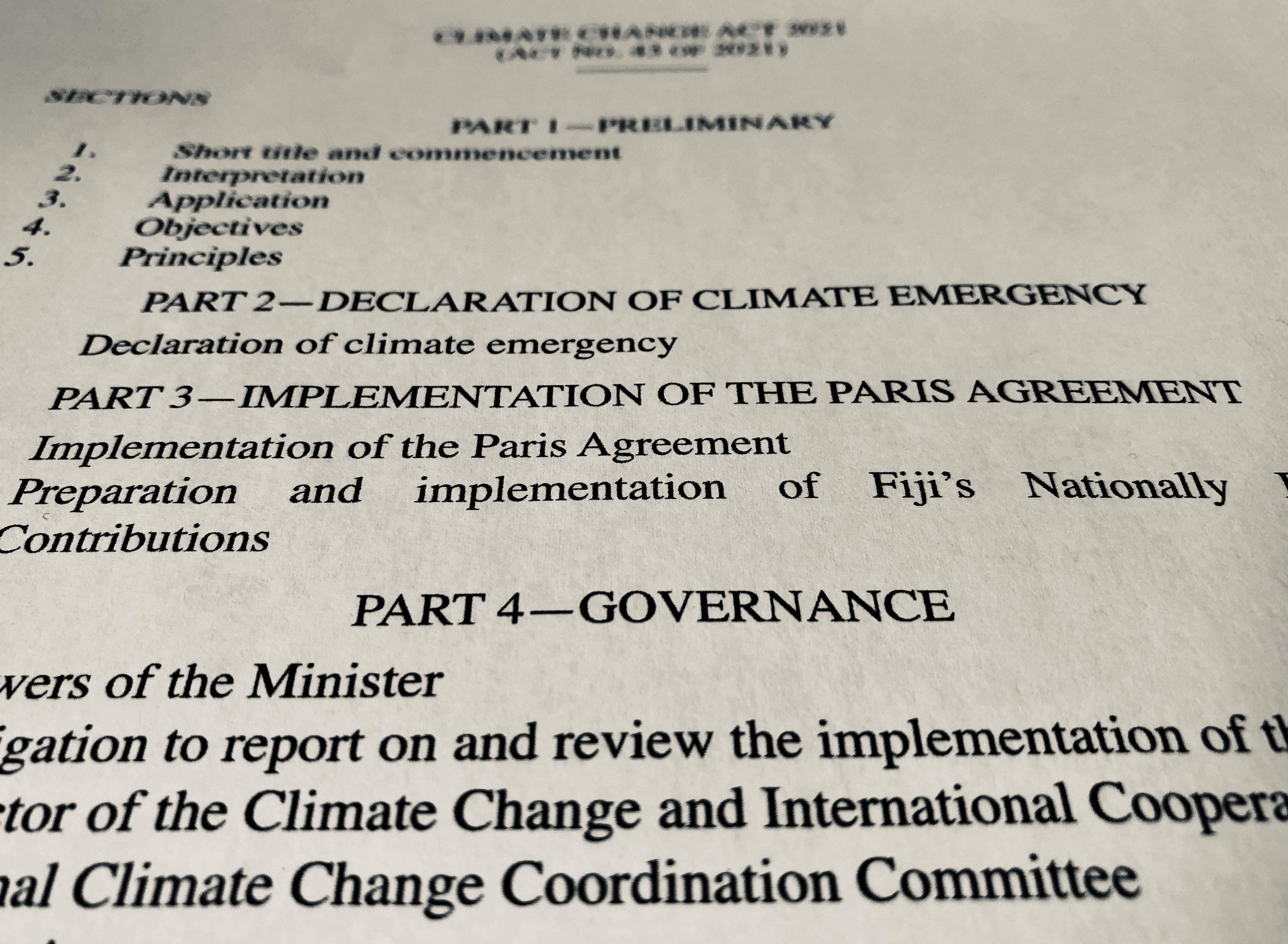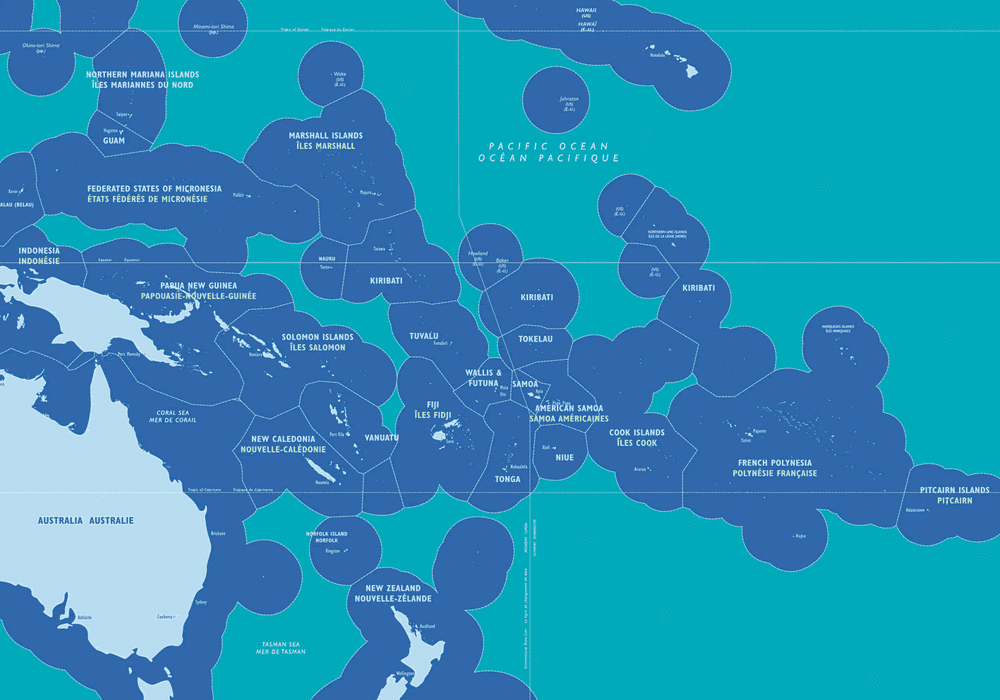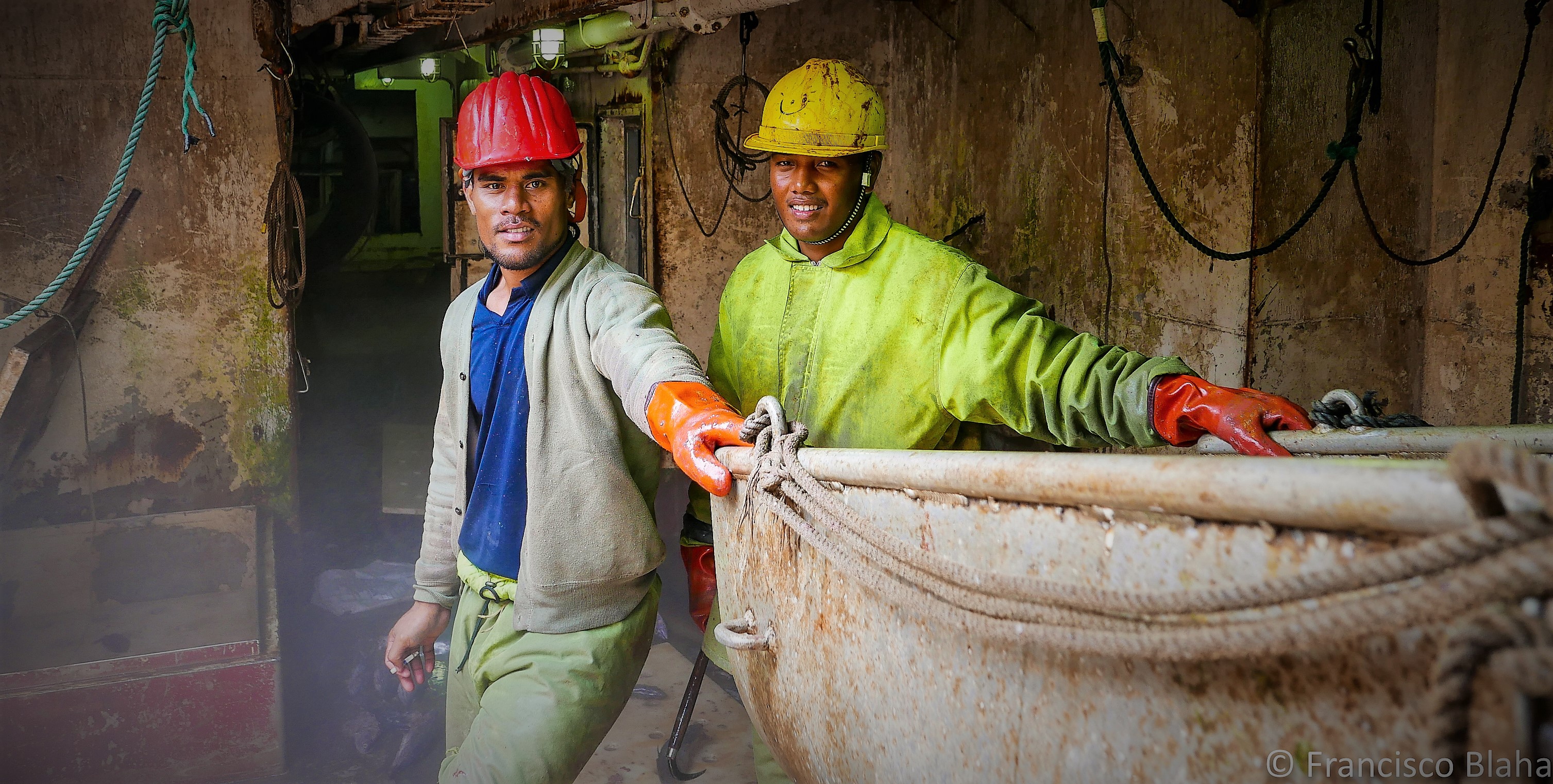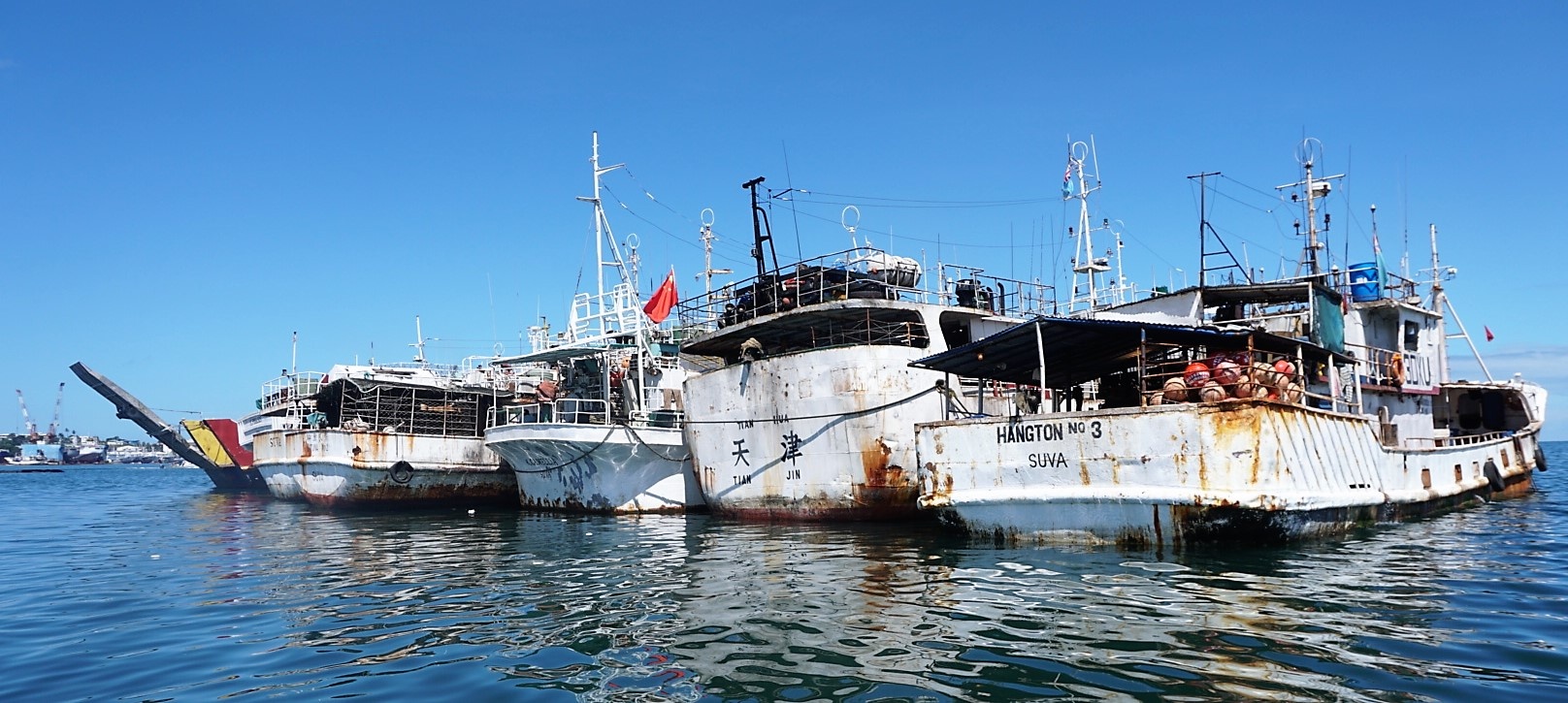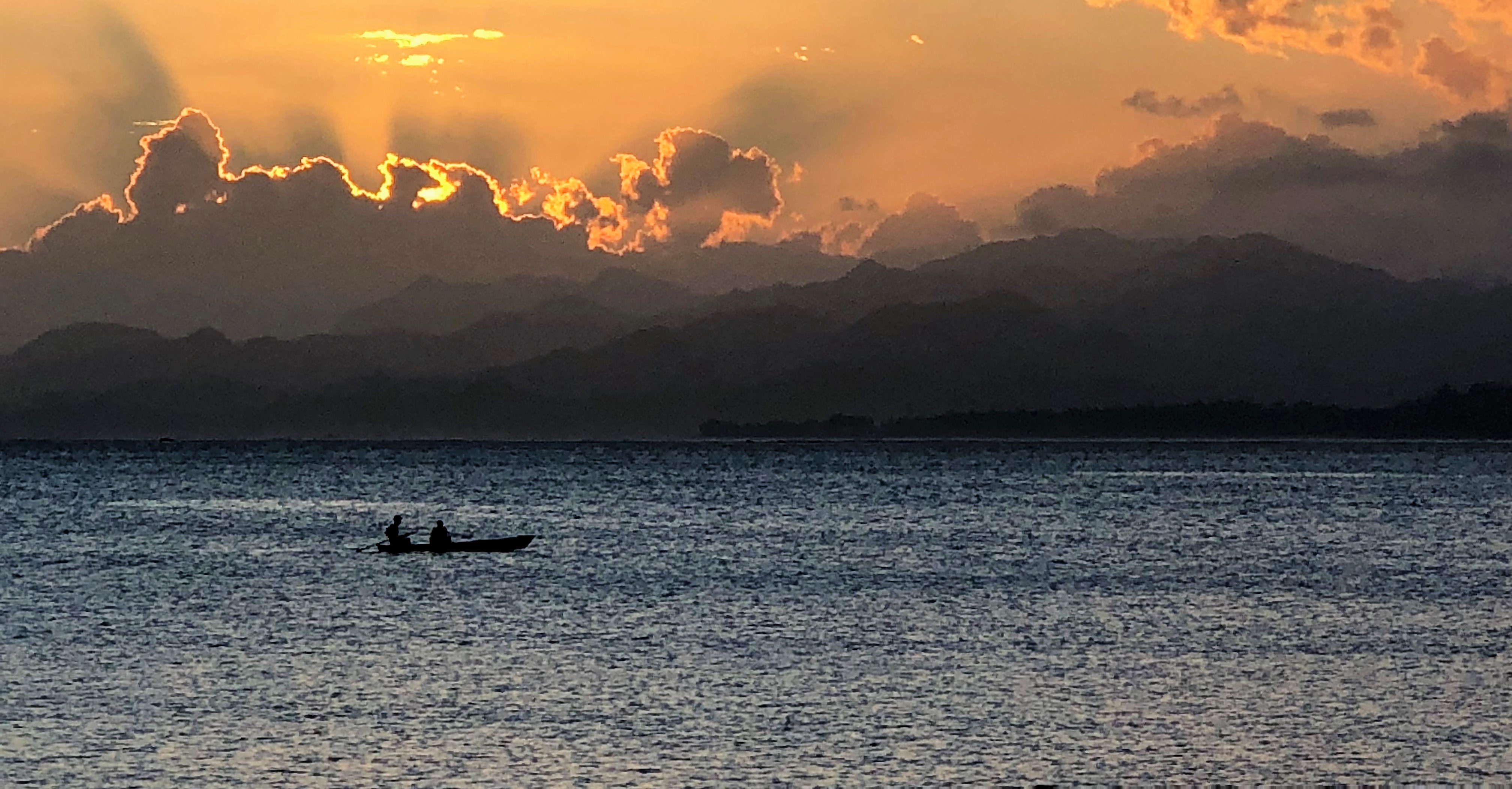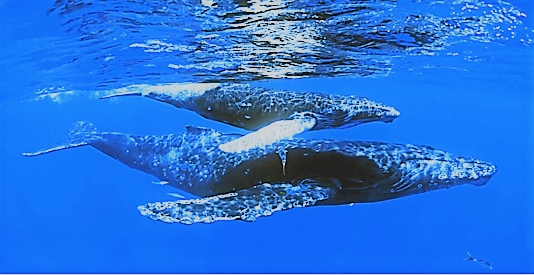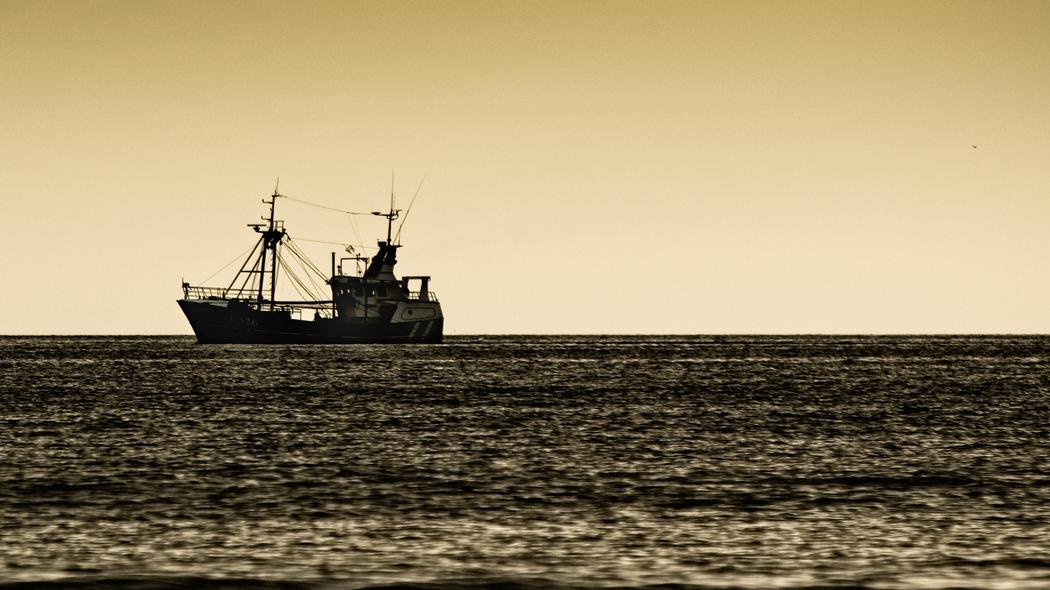The Western and Central Pacific Fisheries Commission (WCPFC) emerged as result of the 1982 United Nations Law of the Sea Convention (LOSC) that, amongst other things, requires regional cooperation to promote the conservation and management of shared fisheries resources.
WCPFC determines, advises on and implements many of the regional management mechanisms required by international law with the aim of securing cooperation between States to better protect, conserve and manage the Pacific’s vitally important fisheries. This role focuses on the conservation and management of the valuable, shared and highly migratory tuna (and similar fish) resources of the western and central Pacific Ocean (WCPO) that are under threat from many sources, not least, marine pollution.
Tackling marine pollution is challenging because of its many sources, most of which cannot be regulated by the WCPFC, and while pollution from shipping is regulated, pollution from or created by fishing vessels has been largely overlooked. In this legal bulletin we consider how the WCPFC is addressing the pressing and important issue of marine pollution created by fishing vessels plying their trade in the Western Pacific. For more information on the issue of marine pollution from fishing vessels please see this report from SPREP: here or Fisheries Consultant, Francisco Blaha's blog on the topic: here




